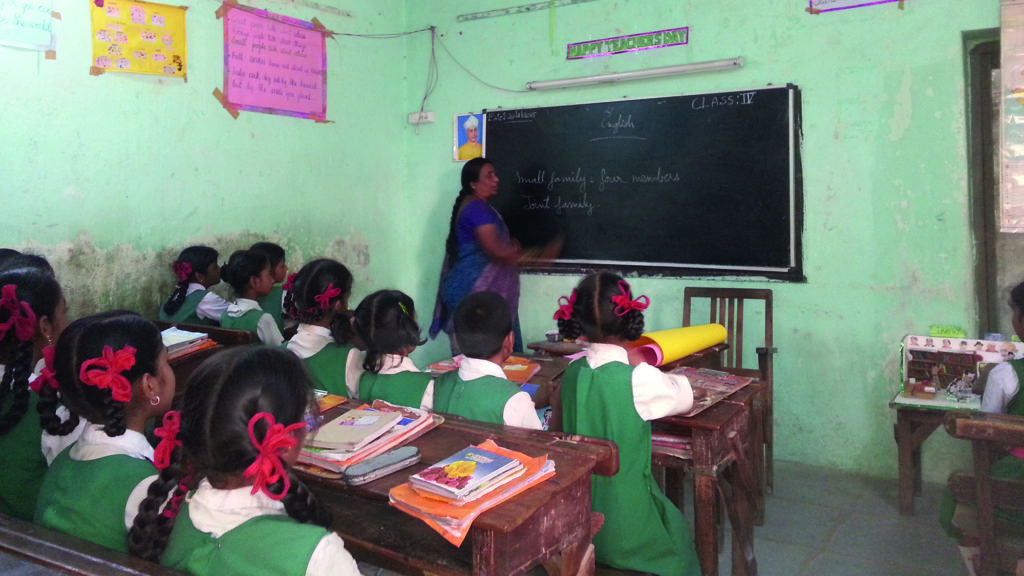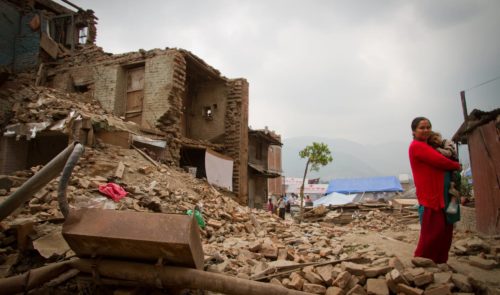
The MultiLila project working with schools in India has had an impact on educational practice and policy by demonstrating that multilingualism enhances children’s cognition and that school learning critically depends on the child’s proficiency in the language of instruction.
Language underlies the ability to learn and develop problem-solving and critical thinking skills. In a multilingual society like India, with 22 official languages and more than 450 languages actively used, the choice of school language(s) has been a central concern of the central and the regional governments for educational, political and identity reasons.
Ianthi Tsimpli’s MultiLila project was built on a close, ongoing and successful partnership with British Council India, and examined the skills, reasoning ability and cognitive abilities of 2,500 children in Delhi, Hyderabad and Patna attending government primary schools.
The findings demonstrate very low learning outcomes in English compared with regional languages, and demonstrate why monolingual education is not only a futile but also a damaging educational policy decision for a country where multilingualism is the norm.
The project has engaged directly with teacher trainers and teachers, who, together with pupils, are the ultimate beneficiaries of the changes in practice resulting from the research. For instance, the team delivered a training programme for teachers in Hyderabad on the use of multilingual approaches and effective teaching methods, followed by ongoing mentoring, and produced a series of classroom films demonstrating the use of multilingual approaches in the classroom for public consumption.
Findings have reached government officials, NGOs, policymakers and academic institutions, raising awareness of the benefits of multilingualism in education and encouraging a shift away from English medium of instruction for all children and particularly those from disadvantaged socioeconomic backgrounds.
“MultiLila project has had significant impact on British Council India’s work in the domains of English language training and teacher education. At a global level, the key findings of the research support our language in education policy and provides a rich base of data-driven evidence for mother tongue based multilingual education at the foundational stages of school.”
– Director East and Northeast India for the British Council


